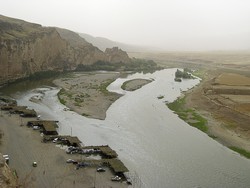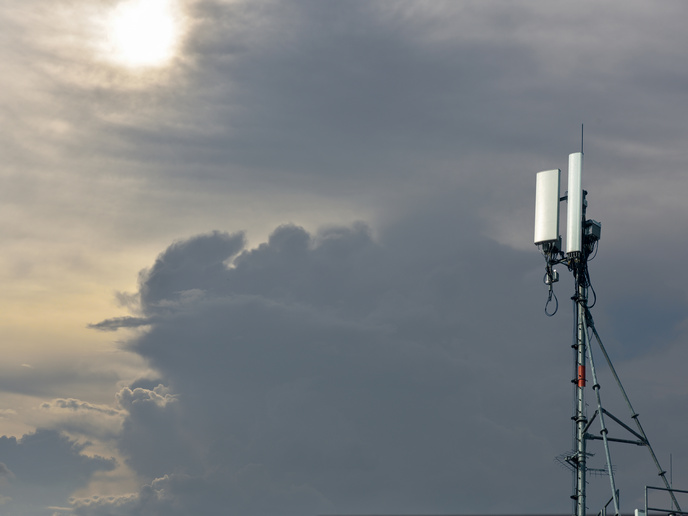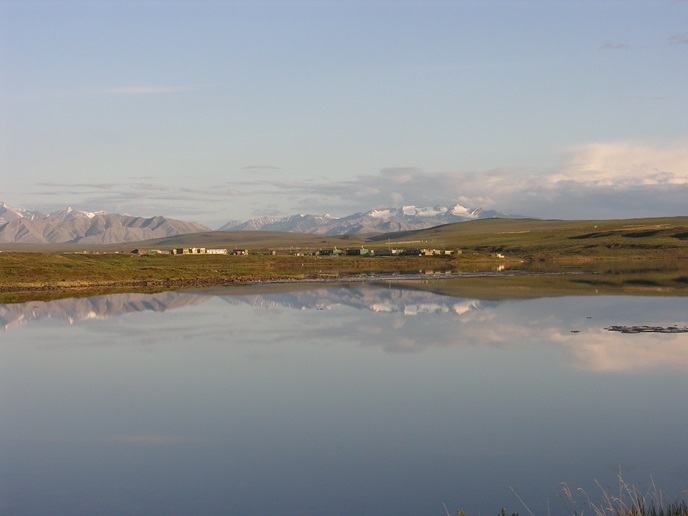The potential impact of water scarcity on peace and security
With the support of EU funding, the project WATER AND WAR(opens in new window) (Water scarcity as potential cause of global conflict – Time for UN green helmets or a new EU water strategy?) investigated the complex relationship between water scarcity and international peace and security. One research strand sought to identify to what extent greater water scarcity and resulting conflicts influence international peace and security. Another addressed the role of the UN and developing strategies for different actors within the UN system to be able to deal with this connection. The third area of focus was on which policy the EU should develop regarding external action on these issues, with emphasis on how the EU should reshape structures and processes for future negotiations with Candidate Countries. The team analysed different sets of empirical data and conducted three case studies: the difficult relationship between upstream Turkey and downstream states Syria and Iraq; the Pacific island states Kiribati and Tuvalu, which face constant threats of rising sea level; and the South American Amazon region (especially, Brazil). In this last case study, there exist prevalent regional discrepancies related to drought in some areas and floods in others. Further work examined ways to legally justify the competence of the UN Security Council within the existing legal framework. One conclusion was that a more efficient path would be to focus on existing UN mandates and procedures – for example, within the United Nations Framework Convention on Climate Change (UNFCCC) or by assigning the issue to existing UN Special Rapporteur mandates. Research results highlighted the need to re-conceptualise the connection between both water scarcity and peace and security. This prompted the development of a two-factor thesis, namely that water scarcity holds both a conflict potential and a cooperation potential. Respective recommendations are thus based on a refined understanding of the relationship between water scarcity and armed conflict. Project work has been published in scientific journals and edited book collections. Findings have also been presented at several international conferences. WATER AND WAR has provided important information on a pressing contemporary issue, producing a strong base from which relevant actors can act to mitigate the possibility of war.







